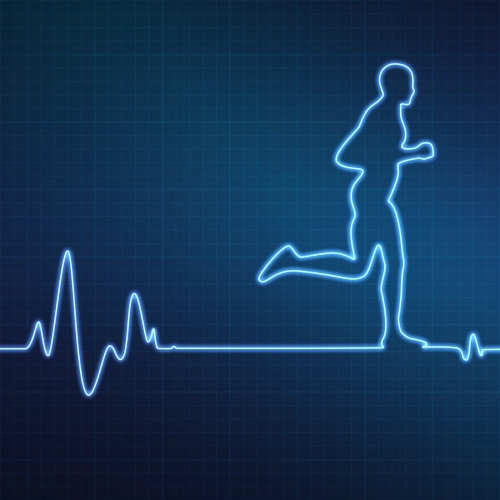Key points from article :
Scientists are investigating the specific ways that exercise benefits health at the cellular and molecular levels.
Studies in humans and animals track changes in proteins, gene expression, and signaling molecules during and after exercise. Researchers also analyze the release of "exerkines," compounds produced by the body in response to activity.
Exercise triggers a complex cascade of effects that reduce inflammation, enhance cellular repair, activate protective antioxidants, and improve energy metabolism. Communication between organs and tissues (like muscle, liver, and immune system) is key during this process.
This research could lead to personalized exercise prescriptions and the development of drugs that mimic the positive effects of exercise for those unable to engage in physical activity.
Key scientists include Bente Klarlund Pedersen, Michael Snyder, and others involved in the NIH's MoTrPAC project.
The study was published in the journal Nature.








